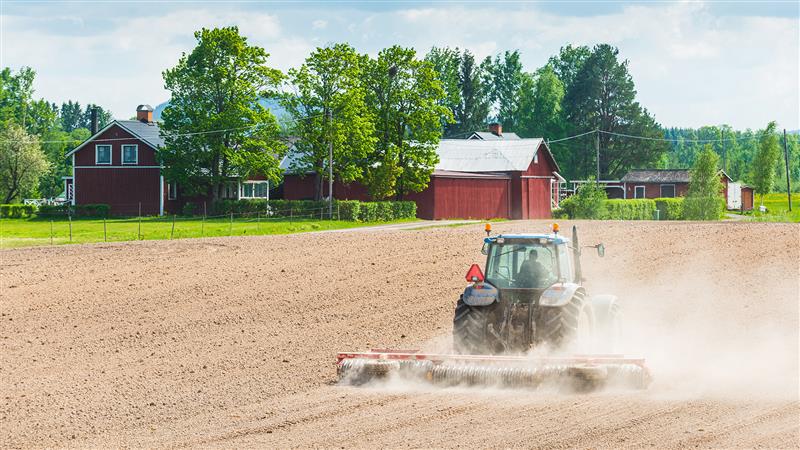The green transition affects the entire society, with agriculture being a key sector undergoing significant changes, such as the shift to fossil-free operations and green growth. This can present both opportunities and challenges related to the work environment. However, there is limited compiled research on what the green transition entails for the Swedish agricultural sector and its impact on the work environment. The aim is to identify, highlight, and analyse the green transition and its effects on the work environment.

“We want to increase knowledge about what the green transition means for the sector. This study will provide insights into the opportunities and risks that come with the transition. We will also gain concrete examples from Swedish farms and a better understanding of the green transition’s consequences for the work environment in the Nordic countries,” says Thomas Nessen, lead analyst at the Swedish Agency for Work Environment Expertise.
Study Implementation
To address the study’s questions and identify, highlight, and analyse the green transition in Sweden, as well as its impact on the work environment from a Nordic perspective, the project is carried out in several steps. These steps include gathering factual information from various sources, such as scientific materials and relevant stakeholders, to systematically investigate what the green transition means for agriculture. Direct experiences are also collected from several Swedish farms that have undergone transitions. Additionally, the green transition and its consequences for the work environment in agriculture within the Nordic countries are examined through focus groups and surveys.
Author Group
On behalf of the agency, Peter Lundqvist, Catharina Alwall Svennefelt, and Eva Göransson, all from the Swedish University of Agricultural Sciences, will conduct the study.
The study is scheduled to be reported in September 2026.
